
-
Team Homeopathy 360
Posts
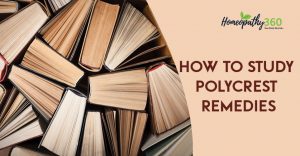
How to Study Polycrest Remedies
Each homeopathic practitioner has his or her own individualistic approach of studying and understanding remedies in the Materia Medica. This individuality in practitioners is a...

All Our Homeopathic Materia Medica Need Corrections Why? How to Do?
At present, our Materia Medica of Homeopathy is a ‘Mixed Bag’ of signs and symptoms of drugs and medicines. We have in it, wanted and...

Success of Homeopathy Based on Peculiarity
It is most commonly known to us that the success of homeopathy totally depends upon totality of symptoms of the patient which may either external...

A Physiological Approach to the Materia Medica
Introduction In some recent discussions at the Royal London Homoeopathic Hospital, the idea was put forward that the kidneys and adrenals, acting in concert, provide...

SOME CHRONIC USES OF ALOE SOCOTRINA
Aloe comes from Liliaceae family and it is a red fiery gum which is being triturated. It is known as ‘Socotra’ because...
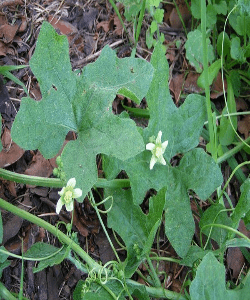
A Complete Picture of Family ‘CUCURBITACEAE’
Abstract: The ‘Cucurbitaceae’ family is one of the important sources of food. Here we are going to discuss some of the common characteristics and the...
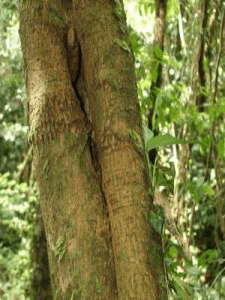
Myristica Sebifera: The Homoeopathic Lancet
Myristica Sebifera is a remedy of great antiseptic powers and one of the most efficacious remedies for ulcerative and suppurative conditions in every tissue, especially...
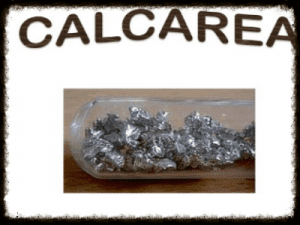
HAHNEMANN’S CALCAREUM THERAPY AND MODERN CALCIUM TREATMENT
Abstract Since the most ancient times , lime has been used in therapeutics and was considered as a simple element of very restricted use,...
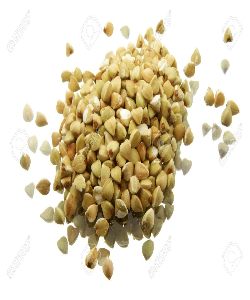
Fagopyrum Aesculentum and Homoeopathy
Fagoprum the common buck wheat is a neglected remedy despite the fact that it has been rather extensively proven. Its pathogenesis occupies twenty four pages...


